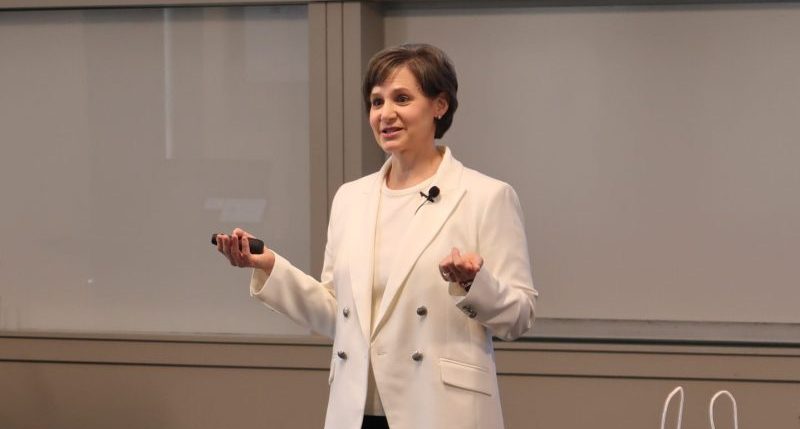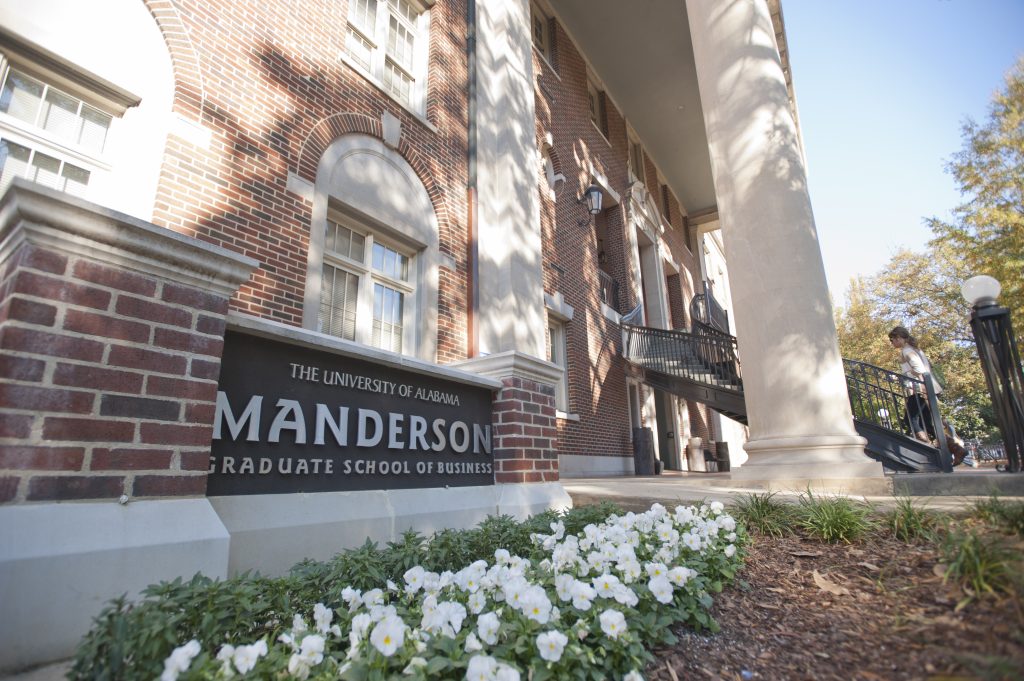Begun over 25 years ago, the Master of Science in Applied Statistics is a highly respected program at the Manderson Graduate School of Business. Students enrolled in the program are presented with an opportunity to acquire and enhance quantitative competencies essential for excelling in contemporary analytical professions. This program is meticulously structured to offer flexibility, thereby enabling learners to tailor their coursework to align with specific career aspirations. The curriculum encompasses a diverse range of subjects, from the foundational principles of statistics to the practical implementation of statistical and data science techniques in real-world scenarios.
The program may present additional opportunities for experiential learning through the University of Alabama’s Institute of Data and Analytics, which oversees the Marillyn A. Hewson Data Analytics Lab. In this state-of-the-art facility, students have access to advanced technological resources and can collaborate with an interdisciplinary cohort of students and faculty on complex data-driven projects. Importantly, the prerequisite for admission to the Master of Science in Applied Statistics program does not mandate a background in business studies.
The program requires 30 hours, half of which are track specific. There are two different tracks within this degree: Data Science and Analytics with five required courses common to both tracks of study.
This program offers general courses:
as well as specialized courses in topics including:
Data mining/Predictive modeling
Quality control
Statistical computing
Data Visualization
Nonparametric statistics
Statistical/Machine learning
You can earn electives in additional coursework with the approval of a faculty advisor. The program of related courses may vary from student to student and depends on your interests and academic background. When most of the coursework is completed, the you must pass a written comprehensive examination OR a professional exam such as the Actuarial P Exam, SAS Predictive Modeler Exam, or the ASQ Certified Quality Engineer Exam.
This program offers robust training in statistics fundamentals and professional development to prepare students for the vibrant job market and foster an interest in analytical research. As a STEM-designated program, APST facilitates up to three years of Optional Practical Training (OPT) for international students on an F-1 visa.
Candidates for admission to applied statistics are normally expected to have completed courses in mathematics equivalent to three semesters of undergraduate calculus and to have a working knowledge of computer programming and linear or matrix algebra.
The Master of Science degree in Applied Statistics necessitates the completion of 30 credit hours, with half of these being specific to the chosen track. This program encompasses two tracks: Statistics and Analytics. It mandates the completion of five core courses, consistent across both tracks.
Additionally, students can engage in elective coursework, subject to the approval of a faculty advisor. The selection of these elective courses is inherently flexible, designed to accommodate the individual interests and academic backgrounds of each student.
In the final semester preceding graduation, students are required to demonstrate their comprehensive knowledge either through a written examination or by successfully passing a professional examination. Examples of such professional exams include the Actuarial P Exam, the SAS Predictive Modeler Exam, or the ASQ Certified Quality Engineer Exam. This requirement is pivotal in ensuring the readiness and competence of graduates in their respective fields of specialization.
Choose the non-specific course of study or one of two specialized concentrations: Statistics or Analytics.
Required Courses | ||
| Course | Title | Credits |
| ST 552 | Applied Regression Analy | 3 |
| ST 553 | Appld Multivariate Analy | 3 |
| ST 554 | Math Statistics I | 3 |
| ST 555 | Math Statistics II | 3 |
| ST 560 | Statistical Methods | 3 |
Track I: Statistics Concentration Required Courses | ||
| Course | Title | Credits |
| ST 561 | Applied Design Experiments | 3 |
Track II: Analytics Concentration Required Courses | ||
| Course | Title | Credits |
| ST 521 | Statistical Data Management I | 3 |
| ST 522 | Advanced Statistical Data Management | 3 |
| ST 531 | Data Mining I | 3 |
| ST 532 | Advanced Data Mining | 3 |
While many students self-finance their studies, we offer some financial aid through a few highly competitive graduate assistantships and scholarships, based on fund availability and merit.
To be considered for financial aid and scholarships, a minimum GPA of 3.5, and requisite test scores (GRE, minimum overall score of 305 with at least 155 in the quantitative section; GMAT minimum 550) are necessary. Apply by June 1, 2024, for a full consideration for fall 2024. Late applications may be considered depending on the availability of resources.
Typical graduate tuition rates apply for both in-state and out-of-state students. Learn about the tuition and cost of attending graduate school at The University of Alabama.
Manderson students who have completed the Master of Science in Applied Statistics program have been employed at:
Van Andel Professor of Business Analytics at Miami University, and Manderson alumnus, visited the College to present her lecture, “Our Tech-Enabled Future: How Enabling Technologies are Shaping the Future of Analytics Practice, Research, and Education.” As a 1998 graduate of the Applied Statistics doctoral program at Culverhouse’s Manderson Graduate School of Business, Jones-Farmer brings a wealth of knowledge and experience to the discussion. Discover the cutting-edge insights she shared on the evolving landscape of analytics and its implications for future practice, research, and education.

Are you ready to gain the Manderson Advantage?

This website uses cookies to collect information to improve your browsing experience. Please review our Privacy Statement for more information.